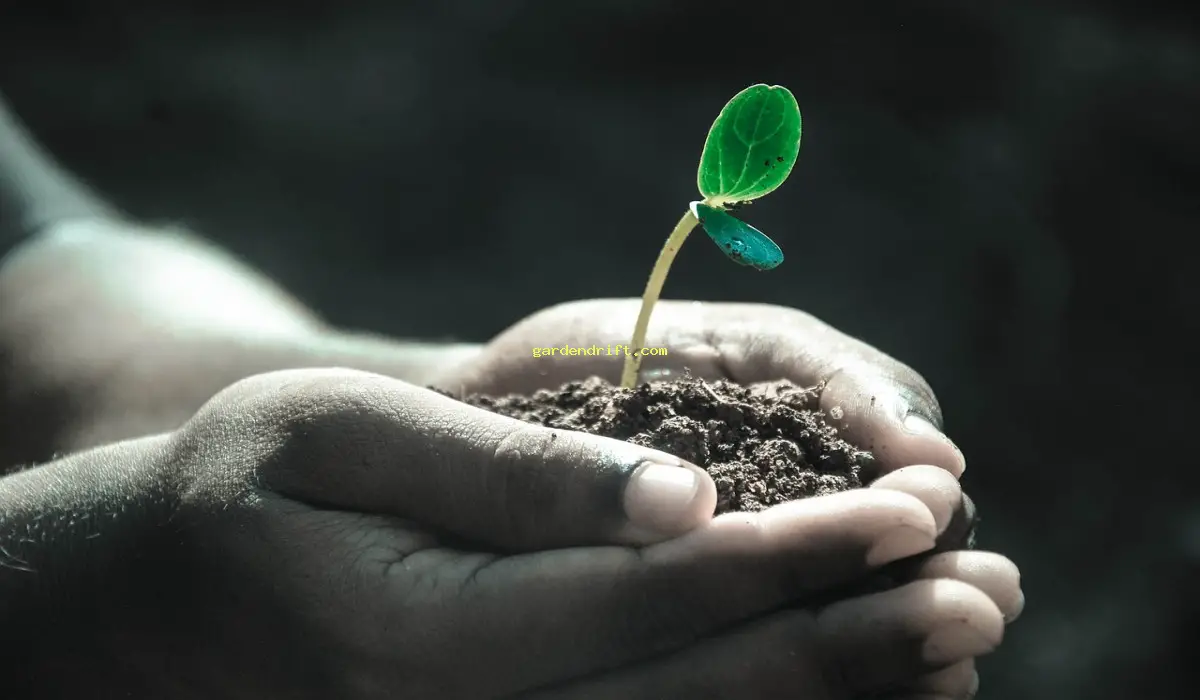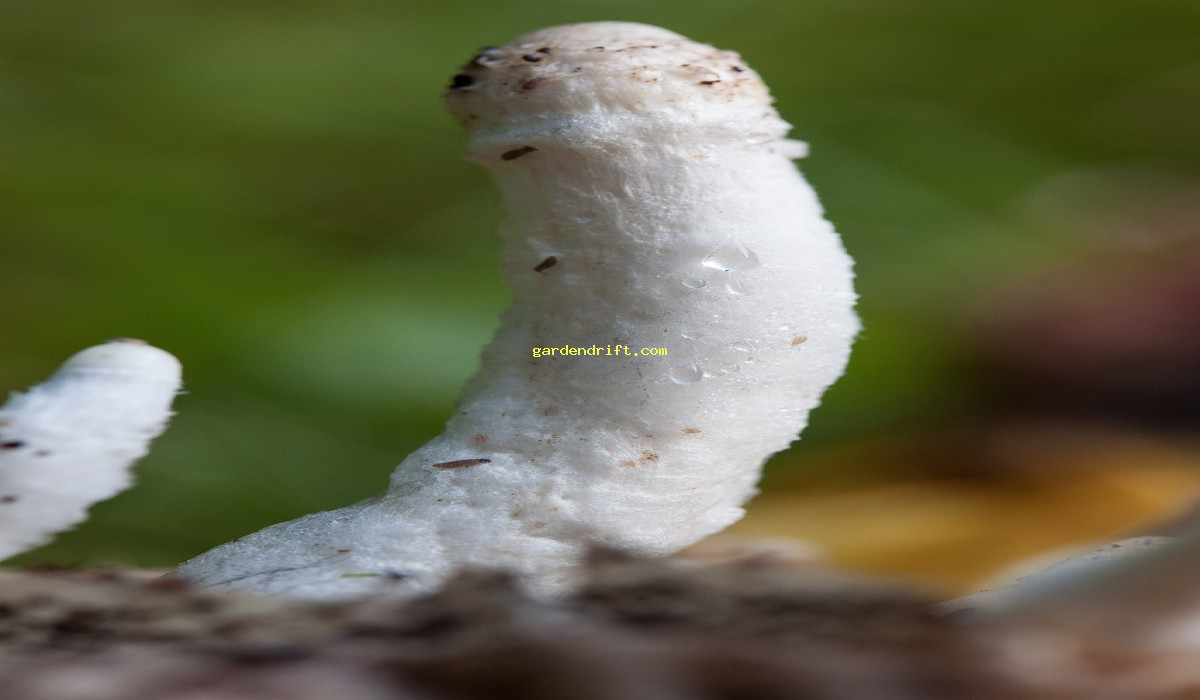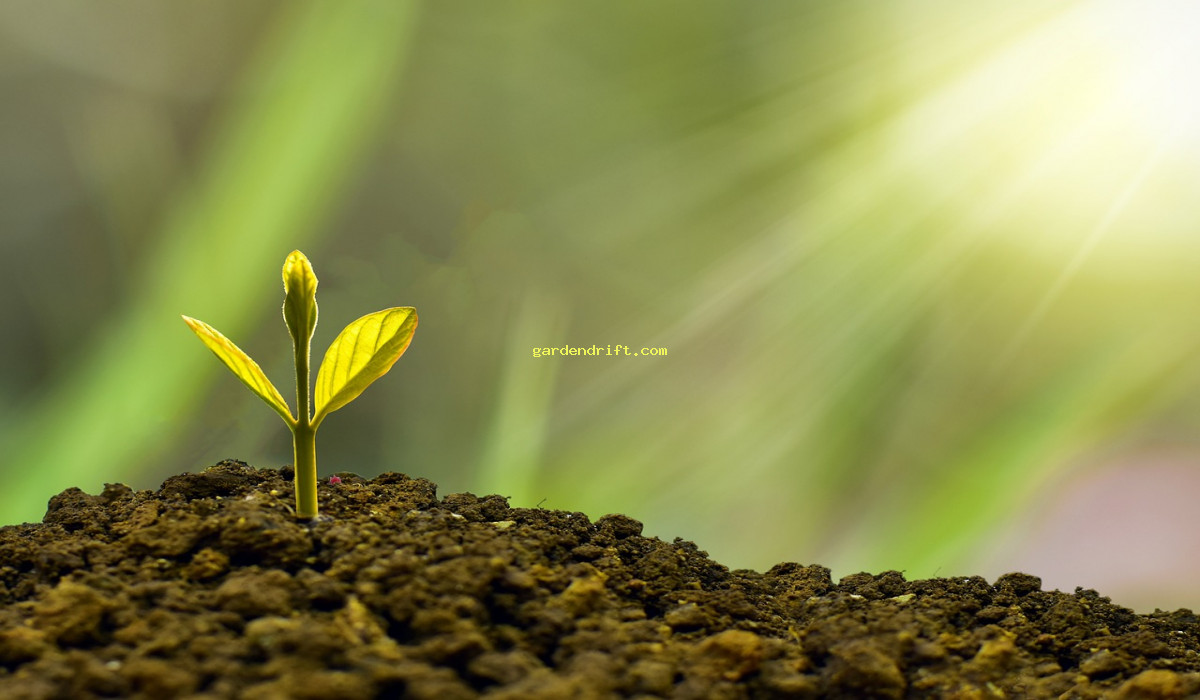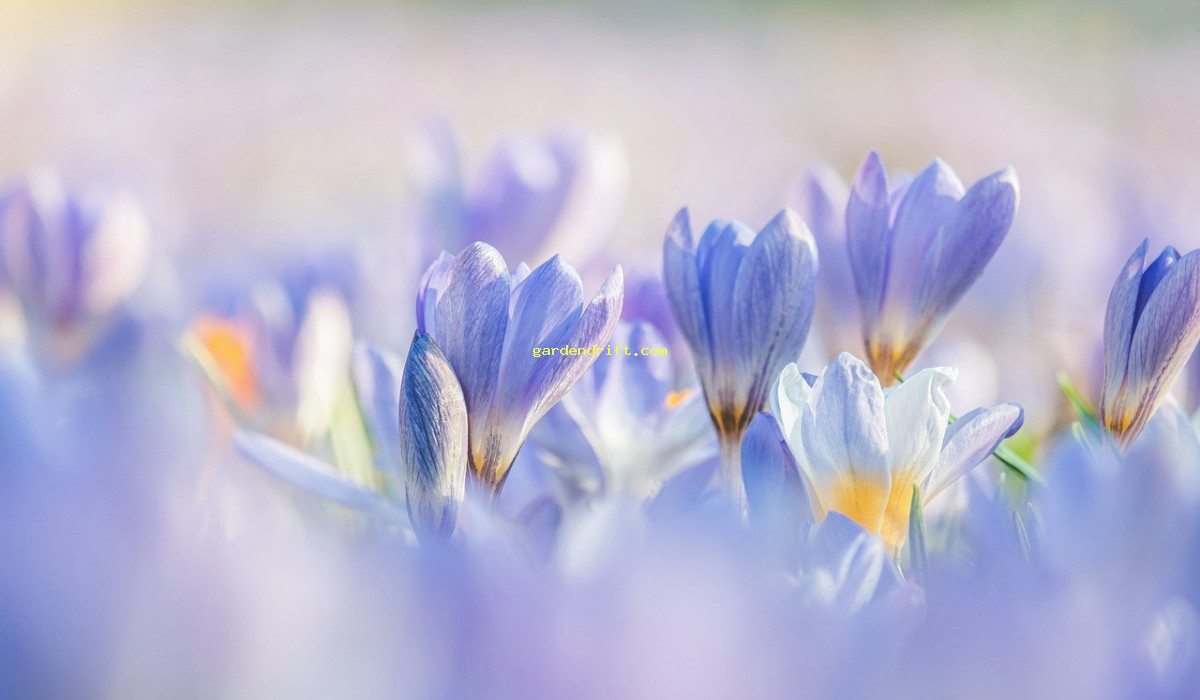How to Start Your Garden: 5 Easy Steps for First Time Gardeners. Ready to start your own garden but don’t know where to begin?
5 Easy Steps for First Time Gardeners
Learn the simple steps to get your hands dirty and grow beautiful plants with our helpful guide on how to start planting a garden. From choosing the right location to preparing the soil, we’ve got you covered. Get started today!

How to Start Your Garden: 5 Easy Steps for First Time Gardeners. plants with our How to Start Your Garden: 5 Easy Steps for First Time Gardeners
How to Begin Planting a Garden: A Helpful Guide
Starting a garden can be a fulfilling and rewarding experience 5 Easy Steps for First Time Gardeners. Not only does it beautify your surroundings, but it also allows you to nurture and grow your own plants, vegetables, and herbs. However, as with any new endeavor, there are certain steps and guidelines that can help ensure success. In this blog, we will guide you through the process of beginning a garden that meets Google’s requirements for helpful content updates.
Step 1: Choose the Right Location for Your Garden
The first step in starting a garden is selecting the right location 5 Easy Steps for First Time Gardeners. The ideal location for a garden is where it can receive at least six hours of sunlight per day. This can be in your backyard, front yard, or even in a balcony or rooftop if you live in an urban area.
Step 2: Determine the Size of Your Garden
The size of your garden will depend on the available space and your personal preferences. It’s important to consider the amount of time and effort you are willing to put into maintaining the garden. If you’re a beginner, it’s recommended to start with a smaller garden until you become more comfortable and proficient.
Step 3: Decide on the Type of Garden
There are various types of gardens to choose from 5 Easy Steps for First Time Gardeners, depending on what you want to grow and your level of expertise. Some popular options include a vegetable garden, herb garden, flower garden, or a combination of all three. If you’re just starting, it’s best to choose one type of garden and expand from there.
Step 4: Prepare the Soil
Preparing the soil is crucial for the success of your garden 5 Easy Steps for First Time Gardeners. This involves loosening and aerating the soil, removing any debris and weeds, and adding organic matter such as compost or manure. This will provide the necessary nutrients for your plants to grow and thrive.
Step 5: Choose Your Plants
When choosing plants for your garden, consider the climate and the amount of sunlight your garden receives. Some plants thrive better in direct sunlight 5 Easy Steps for First Time Gardeners, while others prefer partial shade. It’s also important to consider the size of the plant and how much space it will need to grow.
Step 6: Plant Your Seeds or Seedlings
Now that you have prepared the soil and selected your plants, it’s time to start planting. Follow the instructions on the seed packet or plant label for the correct depth and spacing. Be sure to water the plants immediately after planting to help them settle into the soil.
Step 7: Water and Feed Your Plants
Consistent watering and feeding are essential for the health and growth of your plants 5 Easy Steps for First Time Gardeners. Be sure to water your plants regularly, especially during hot and dry weather.

It’s also important to fertilize your plants every few weeks to provide them with additional nutrients.
Step 8: Maintain Your Garden
Regular maintenance of your garden is important to keep it looking healthy and thriving 5 Easy Steps for First Time Gardeners. This involves weeding, pruning, and keeping an eye out for any pests or diseases. Be sure to also remove any dead or damaged leaves or flowers to promote healthy growth.
Step 9: Consider Companion Planting
Companion planting involves planting different types of plants together to provide mutual benefits. For example, some plants produce substances that help deter insects, while others add nutrients to the soil. Do some research on which plants make good companions to improve the overall health of your garden.
Step 10: Harvest Your Garden
The final step in starting a garden is reaping the rewards! Harvesting your own fruits, vegetables, and herbs not only saves you money, but it also guarantees fresh and delicious produce. Be sure to pick your plants at their peak ripeness for the best flavor.
Frequently Asked Questions
Do I need a large space to start a garden?
No, you can start a garden in a small space such as a balcony or rooftop. Just make sure the location receives at least 6 hours of sunlight per day.
How often do I need to water my plants?
This depends on the type of plant and local weather conditions. In general 5 Easy Steps for First Time Gardeners, it’s recommended to water your plants deeply every 2-3 days.
What are some common pests and diseases in gardens?
Some common pests and diseases in gardens include aphids, slugs, and fungal diseases such as powdery mildew. Regular maintenance and proper care can help prevent and control these issues.
Can I plant flowers and vegetables together in the same garden?
Yes, as long as they have similar growing needs and do not compete for nutrients. Research companion planting for the best combinations.
Is it necessary to fertilize my plants?
Fertilizing provides essential nutrients to your plants and promotes healthy growth. It’s recommended to fertilize every few weeks during the growing season.
How can I tell when my fruits and vegetables are ready to be harvested?
It’s important to regularly check your plants and harvest them at their peak ripeness 5 Easy Steps for First Time Gardeners. Fruits and vegetables are ready to be picked when they are firm, colorful, and have a strong smell.
How can I prevent weeds in my garden?
Regular weeding and the use of mulch can help prevent weeds from growing in your garden. Mulch also helps retain moisture in the soil.
What can I do with extra produce from my garden?
You can share with friends and family 5 Easy Steps for First Time Gardeners, donate to local food banks or shelters, or preserve the produce by canning, freezing, or drying.
How can I make my garden more environmentally friendly?
You can use organic and natural pest control methods 5 Easy Steps for First Time Gardeners, conserve water, and practice composting to reduce waste and enrich your soil.
Can I start a garden without buying new plants or seeds?
Yes, you can start a garden by using kitchen scraps such as carrot tops, garlic cloves, and avocado pits. This not only reduces waste but also saves you money on buying plants or seeds.
What are some good resources for beginner gardeners?
There are many online resources, books, and local gardening clubs that offer tips and advice for beginner gardeners. It’s also helpful to talk to experienced gardeners and learn from their knowledge and experiences.
How long does it take for plants to grow?
The growth time of plants varies, but most seedlings will begin to sprout within a few days or weeks. Some vegetables can be harvested within a few weeks, while others may take several months.
Can I start a garden if I live in a city or apartment?
Yes, you can start a garden even if you live in a city or apartment. You can use indoor or balcony space, or even join a community garden in your area.
Is starting a garden expensive?
Starting a garden can be as inexpensive or as costly as you make it. You can find budget-friendly options for seeds, tools, and materials, or you can invest in high-quality items as your gardening skills progress.
What are some benefits of having a garden?
Some benefits of having a garden include stress relief, improved mental health, fresh and nutritious produce, and a beautiful and personalized outdoor space.
In Conclusion
Starting a garden can be a fun and rewarding experience. We hope this guide has provided you with the necessary information and steps to begin planting a garden that meets Google’s requirements for helpful content updates.

Remember to choose the right location, prepare the soil, select and plant your desired plants, and maintain your garden for a successful and enjoyable gardening journey!
5 Easy Steps for First Time Gardeners
Ready to start your own garden but don’t know where to begin? Learn the simple steps to get your hands dirty and grow beautiful plants with our helpful guide on how to start planting a garden. From choosing the right location to preparing the soil, we’ve got you covered. Get started today!. Begin How to Start Your Garden: 5 Easy Steps for First Time Gardeners
How to begin planting a garden?
As with any new project, it’s important to start with a plan. Decide on the type of garden you want to have, whether it be a vegetable garden, herb garden, or flower garden. Consider the location and size of your garden, as well as the types of plants that will thrive in your climate.
What supplies do I need to start a garden?
The basic supplies you will need include a shovel, gloves, watering can or hose, and hand trowel. You may also want to invest in a gardening hat and knee pads for comfort. Depending on the type of garden you are creating, you may also need containers, potting soil, and fertilizers.
How do I prepare my garden bed for planting?
Start by clearing the area of any debris or unwanted plants. Loosen the soil with a garden fork or tiller, and add in compost or organic matter for added nutrients. You can also test the soil to determine the pH levels and make adjustments as needed for optimal plant growth.
Should I start my garden from seeds or plants?
This is a personal preference and can depend on the type of plants you are growing. Starting from seeds can be more cost-effective, but may require more time and effort. Starting from plants can give you a head start, but may be more expensive. Consider your budget, time availability, and desired outcome in making this decision.
How often should I water my garden?
The frequency of watering will depend on the type of plants and climate. Generally, gardens should be watered deeply once or twice a week, as opposed to light and frequent watering. This will allow the roots to grow deeper and create a stronger, more resilient garden. Pay attention to signs of dehydration in your plants, such as wilting or dry soil, and adjust your watering schedule as needed.
